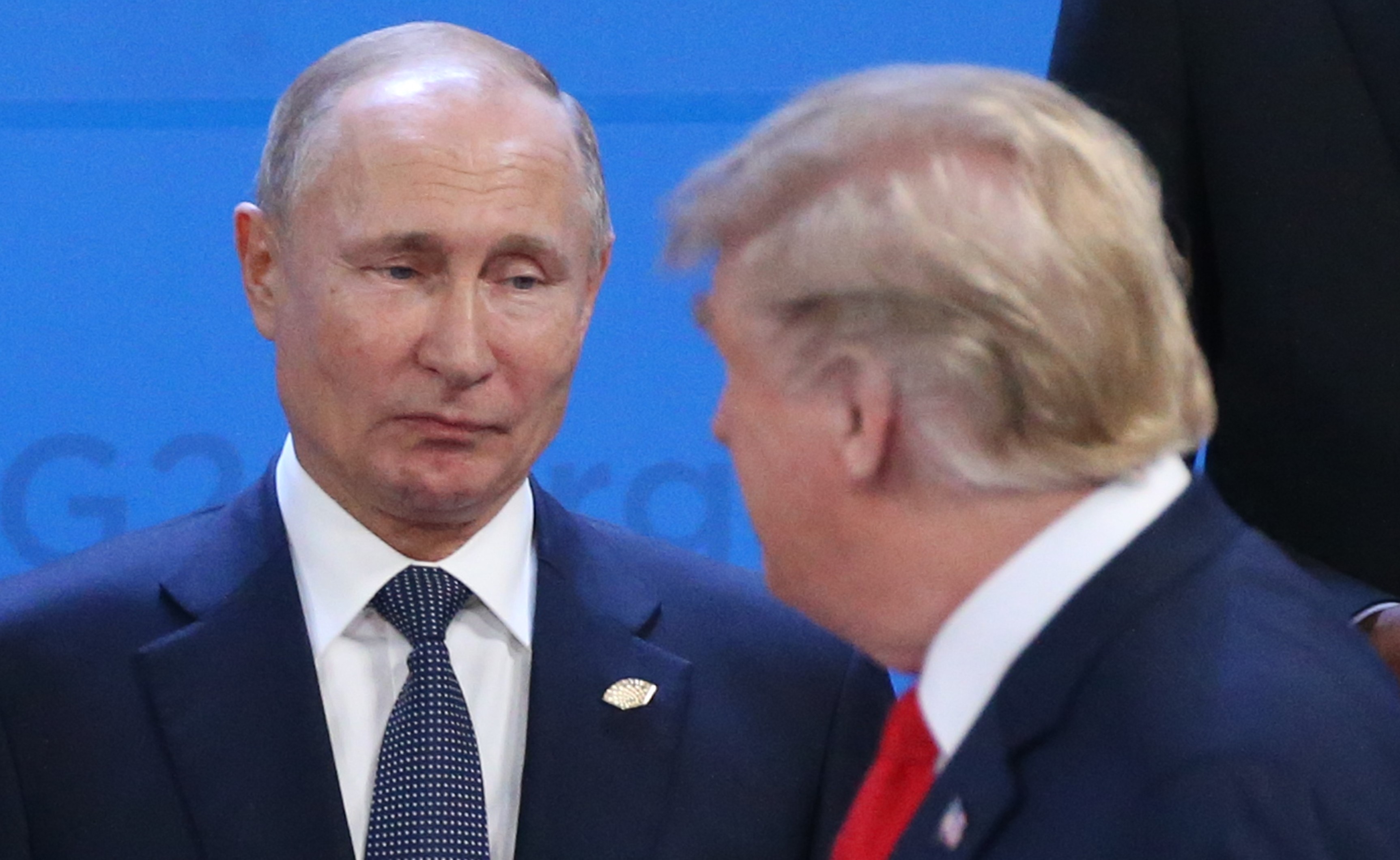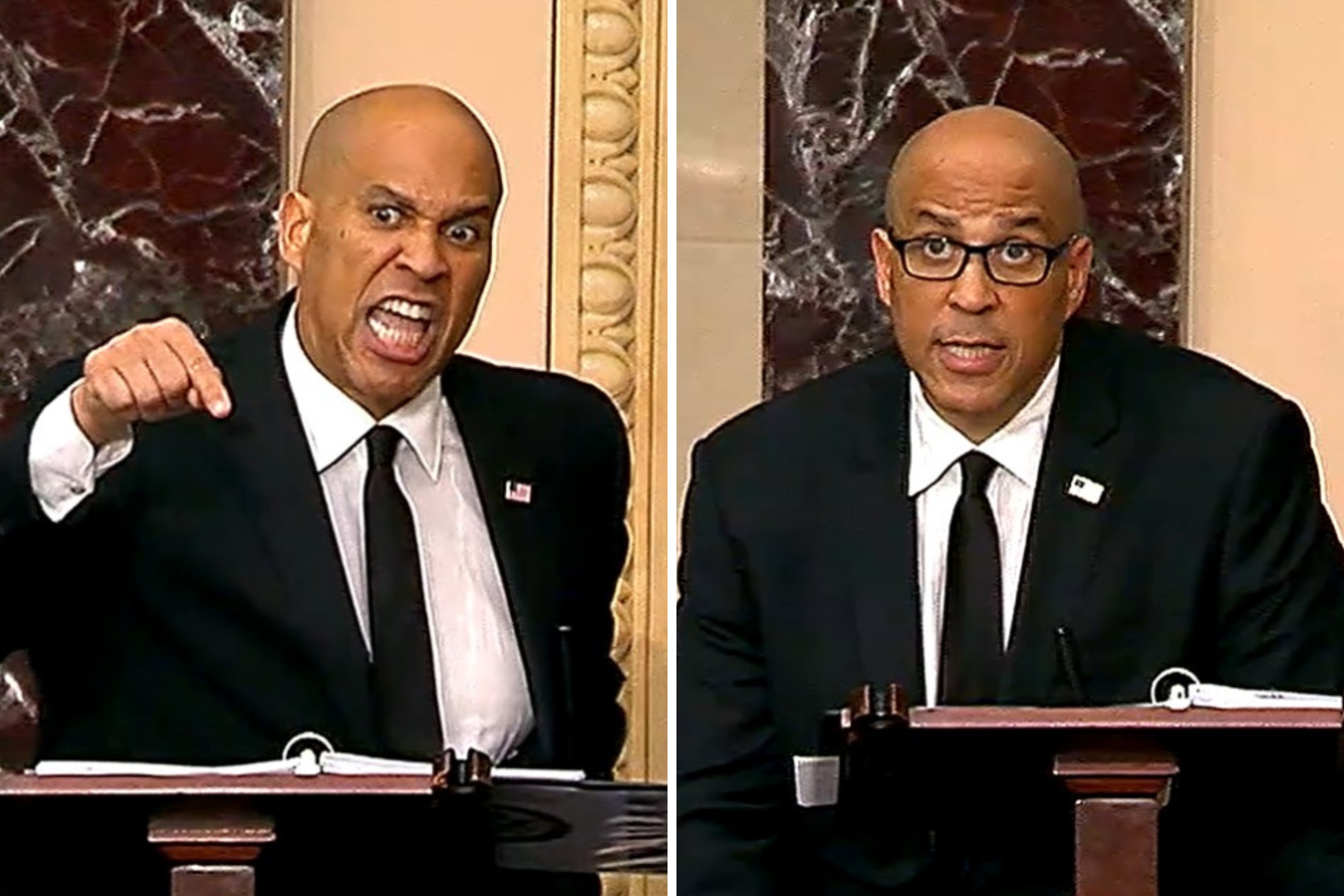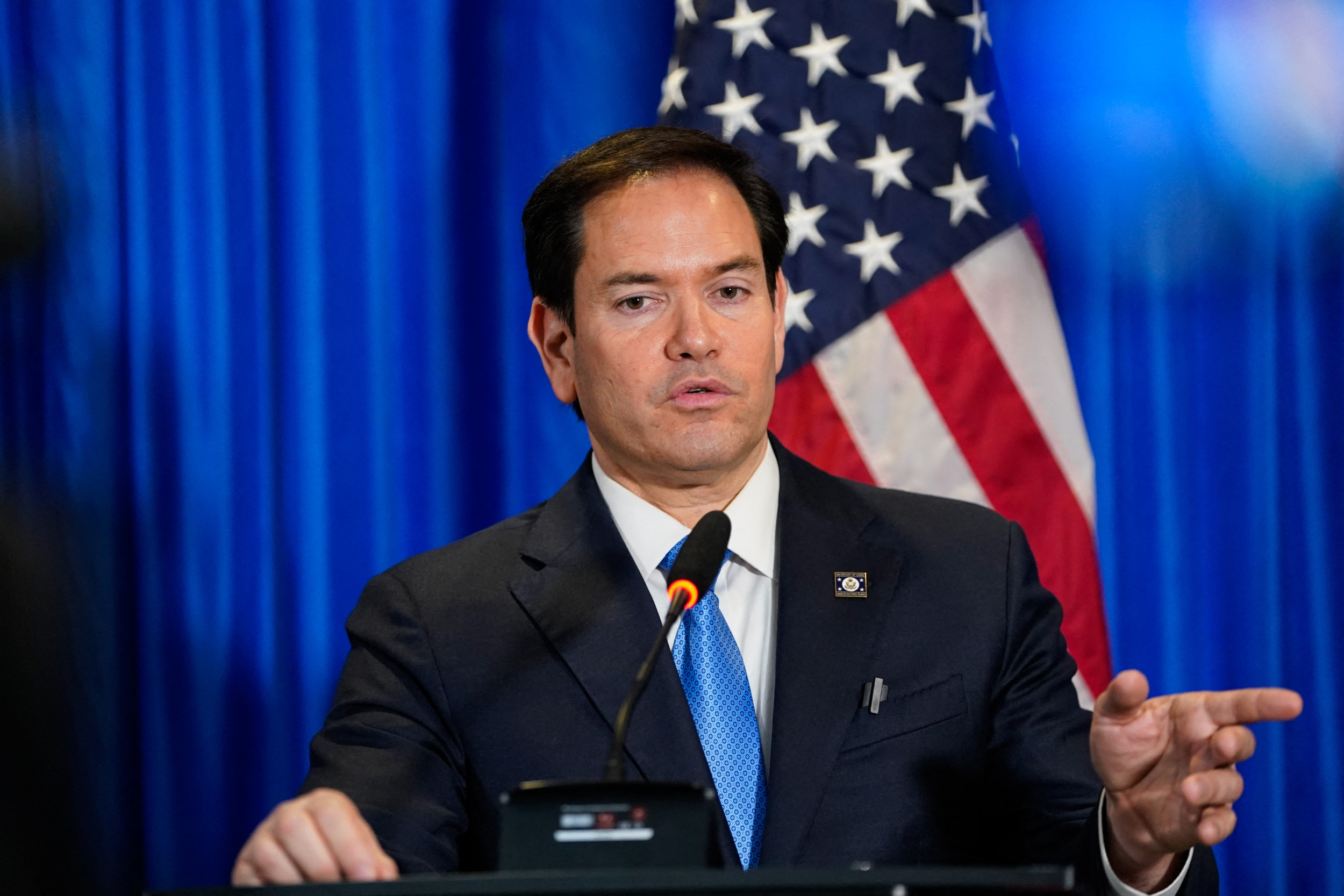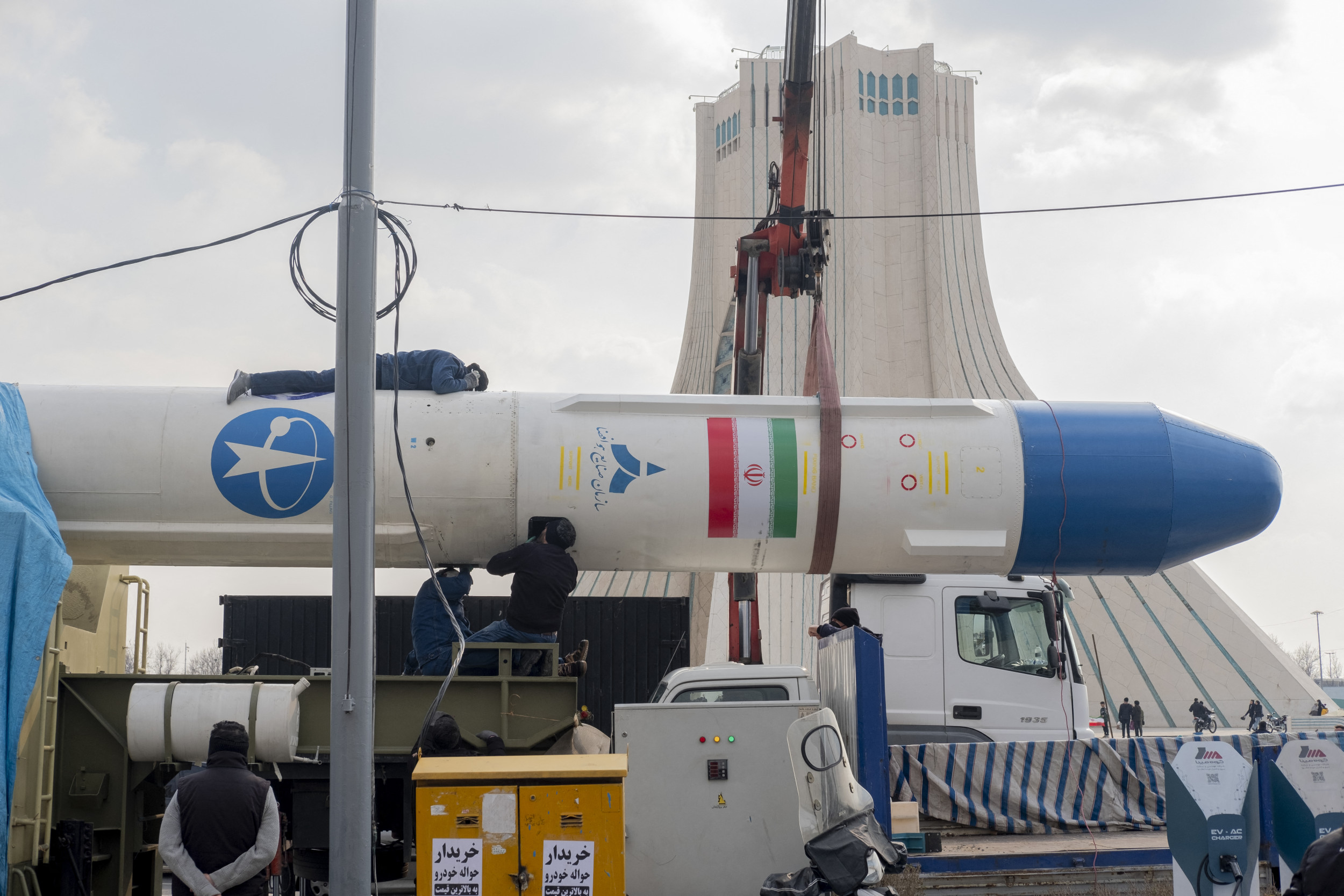Kremlin propagandist Vladimir Solovyov has said that the current Trump administration would side with Russia in the event of a global conflict.
Solovyov, an ally of Russian President Vladimir Putin, and one of the most prominent figures in Kremlin-backed media, made the comments in reaction to a meeting between officials from Moscow and Washington in Saudi Arabia this week.
Why It Matters
President Donald Trump has reopened dialogue with Russia in an effort to end the war in Ukraine, following months of Moscow's isolation by the international community.
At the same time, NATO members are increasingly alarmed by signs that the U.S. may be pulling back from its long-standing security commitments in Europe, particularly as Trump intensifies his criticism of the alliance and offers praise for Putin.
These developments are fueling anxiety about a deepening divide between the U.S. and Europe amid rising geopolitical tensions.
What To Know
Julia Davis, founder of the Russia Media Monitor watchdog group, posted a segment from the Russian radio show Full Contact, featuring host Solovyov.
"Meanwhile in Russia: state TV host Vladimir Solovyov explained why the Black Sea ceasefire deal is a victory for Putin. He reiterated that Russia does not intend to stop its military actions and predicted the U.S. would team up with Russia against Europe," Davis wrote.
Meanwhile in Russia: state TV host Vladimir Solovyov explained why the Black Sea ceasefire deal is a victory for Putin. He reiterated that Russia does not intend to stop its military actions and predicted the U.S. would team up with Russia against Europe. https://t.co/OpJrHLtaOo
— Julia Davis (@JuliaDavisNews) March 27, 2025
Solovyov told his audience that the outcome of discussions between U.S. and Russia in Riyadh this week "already benefits us to a large degree, because it causes colossal divisions with NATO countries."
Solovyov was alluding to discussions on a Black Sea maritime ceasefire deal, which Washington framed as part of Trump's push to bring an end to the three-year-long conflict. After talks wrapped up in the Saudi capital, Riyadh, Russia said on Tuesday that the U.S. had agreed to assist with easing Western sanctions and restrictions on agricultural exports as preconditions for the pact.
The U.S. hasn't confirmed that it will be offering sanctions relief.
Ukrainian President Volodymyr Zelensky said he didn't support easing sanctions on Russia.
"The position of the U.S. is diametrically opposite to the position of Europe and Canada. When there is no unity among your enemies, this is already a gigantic plus," said Solovyov of the developments.
"The terms of the game are already completely different. First, the phone call between Putin and Trump has shown there is no more blockade or international isolation. Europe and Canada are now in global isolation. Nobody needs them. More than that, America says, 'We don't want to fight against Russia,'" the propagandist went on.
Solovyov said Russia may "ally" with the U.S. "the way it was during WWII" as Washington may no longer see it beneficial to join forces with Europe.
What People Are Saying
John E. Herbst, the senior director of the Atlantic Council's Eurasia Center and a former U.S. ambassador to Ukraine, said in commentary published Tuesday:
"Unfortunately, the Trump team, in its effort to persuade the Kremlin to accept the naval ceasefire, offered more concessions. The official Russian statement clearly conditioned the implementation of the ceasefire on the lifting of multiple sanctions.
"The problem is that major sanctions relief would be a shot in the arm for the stumbling Russian economy—making it easier for Putin to continue the land war he refuses to end. I think Trump still wants an early ceasefire to establish a durable peace. To do that, he needs to change tactics and do what he promised in the first week of his new term: bring the hammer down on the Kremlin."
Arnold C. Dupuy, a nonresident senior fellow at the Atlantic Council, said: "For a Ukraine ceasefire to succeed, the United States and the European Union (EU) must work together, a potentially difficult ask in the current trans-Atlantic environment.
"We should anticipate additional details in the days to come, to include more definition on Western security [guarantees] to Ukraine, a general plan for its reconstruction, and assurances to the other Black Sea states. All of this will require collaboration between the United States and Europe, which are experiencing a period of increasing tensions."
What Happens Next
Terms of the proposed Black Sea Initiative are being discussed, Russian Foreign Ministry spokeswoman Maria Zakharova said on Thursday.

fairness meter
About the writer
Isabel van Brugen is a Newsweek Reporter based in Kuala Lumpur. Her focus is reporting on the Russia-Ukraine war. Isabel ... Read more




